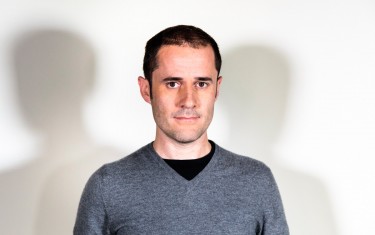Either/or: How using the Internet affects our lives
Ev Williams believes the internet is “a giant machine designed to give people what they want.” In a speech reported by Wired, the co-inventor of Blogger and Twitter added, “We often think the internet enables us to do new things, but people just want to do the same things.”
For instance, we want to socialize, entertain ourselves, learn, and make work easier. The internet does all four better than any other convenience of the last century.
It does this in two ways, Williams explains. “Big hits on the internet (think Google, Facebook, Apple, Amazon) are masters at making things fast and not making people think… But the internet is not a utopian world. It’s like a lot of other technological revolutions.”
Consider agriculture, which “made life better, got people fed, and freed them to do more things,” such as creating art, writing love songs, and inventing things.
But the problem with all technological revolutions, including the internet, is they are easily abused. “Look at agriculture taken to an extreme,” Williams notes. Think of the nutritional loss of over-extended farms, processed food, and corn subsidies to name a few. “Look at a country full of people with such convenient access to calories that they’re addicted, obese, and sick.”
Similarly, look at countries full of people with such convenient access to the internet, such as America, Korea, and other highly wired cultures. They’re addicted, fat, and sick because of the internet.
The good news is we can choose how to use technologies that make life better and free us to do more exciting things. For example, we can make good food choices (eating from scratch, mostly produce, not too much) and reap the benefits (healthy body with more energy). Or we can make bad food choices (Western diet, lots of fast food, enduring rather than enjoying mealtimes) and suffer the consequences (obesity, internal problems, attention deficits).
We can make good internet choices (use it with purpose and meaning then suspend it for more rewarding offline things) and reap the benefits (more free time, better perspective, and flexible schedules). Or we can make bad internet choices (staying connected for excessive periods of time, failing to enjoy the moment, more concerned with online relationships than face-to-face ones) and suffer the consequences (self-absorption, lonliness, one-dimentional interests, boredom, and inexperience).
What do you choose?

